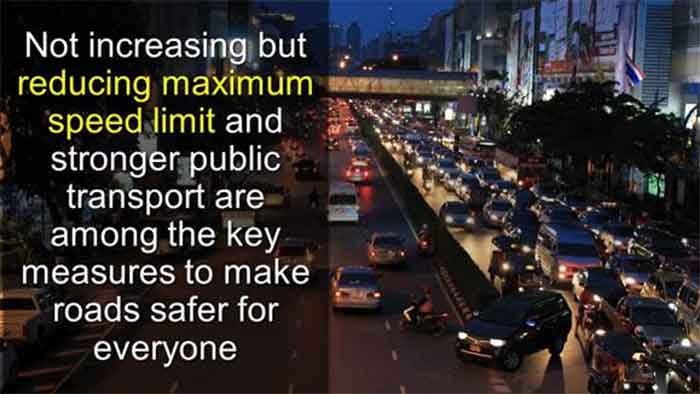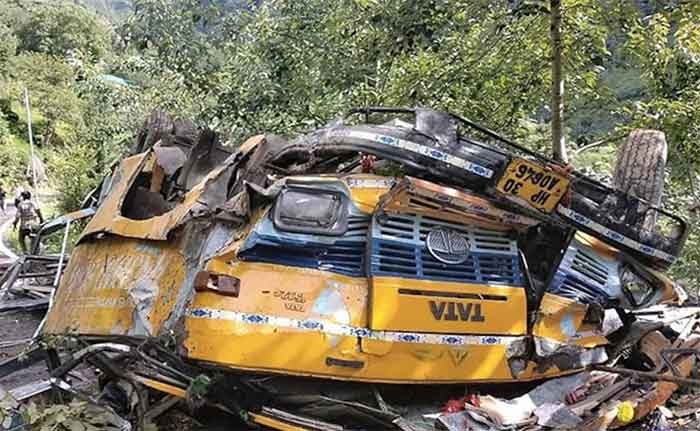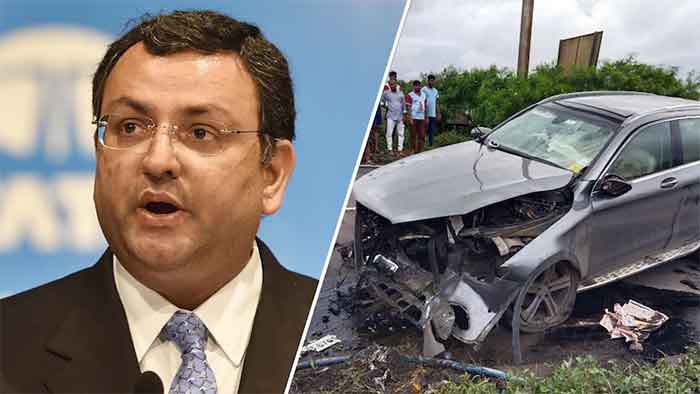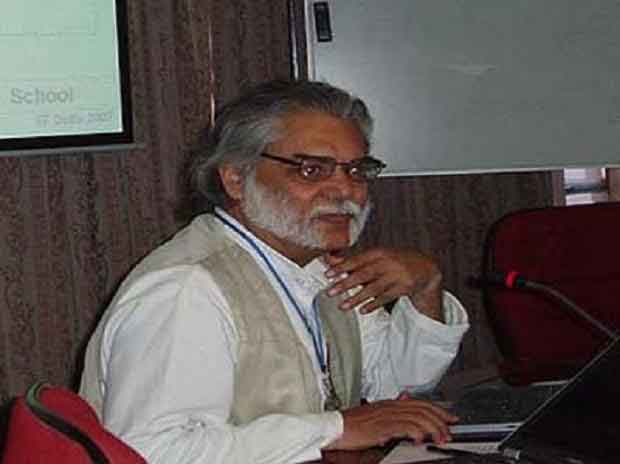
Thailand was among the countries globally that promised last year to reduce the maximum speed limit to 30 kilometre per hour (30 kph) to reduce road traffic crashes, and thus, save lives. More importantly, the government of Thailand played a major role last year as part of the International Advisory Committee to 3rd Global Ministerial Conference on Road Safety held in Stockholm during 19-20 February 2020.
But according to a news, the Thai government is set to increase the maximum speed limit on major highways (with four or more lanes) from 90 kph to 120 kph. In addition, the rightmost lane or ‘fast lane’ will also have a minimum speed limit of 100 kph to reduce the risk of rear-ending collisions.
During 19-20 February 2020, the Stockholm Declaration was adapted at the 3rd Global Ministerial Conference on Road Safety, by ministers and heads of government delegations, which has one of these commitments enshrined: “focus on speed management, including the strengthening of law enforcement to prevent speeding and mandate a maximum road travel speed of 30 km/hour in areas where vulnerable road users and vehicles mix in a frequent and planned manner, except where strong evidence exists that higher speeds are safe, noting that efforts to reduce speed in general will have a beneficial impact on air quality and climate change as well as being vital to reduce road traffic deaths and injuries.”
Will roads become safe or unsafe if we increase speed limit?
This news also states that “The new speed limit will assist with traffic flow while boosting convenience and safety for road users”. But stronger evidence is piling on from cities that have reduced the maximum speed limit to 30 kph. Cities that have implemented maximum road travel speed of 30 kph have shown lifesaving decline in road traffic crashes too. That is why, the commitment to reduce maximum travel speed limit to 30 kph was made by governments including that of Thailand.
Think about this: roads must become safer and convenient not just for motorised vehicle riders, but for everyone as each one of us has a human right to commute safely – such as those who walk, cycle, do vending on roadsides, or opt for non-motorised options. Moreover, it is not only those who ride motorised vehicles but also those who cycle, walk or use other forms of transport or engage in roadside vending or other activities, who get injured or die untimely in these crashes.
According to the 2020 review of the World Health Organization (WHO), “each day, for almost 60 people in Thailand, travel from their homes – is a journey of no return. Most of these are young people, people of working age – in the prime of their lives. Most use motorcycles, the most common vehicle on Thailand’s roads. Most die in crashes with larger vehicles.” This review further added “Motorcycle riders, cyclists, pedestrians and those who have physical limitations, such as people with disabilities, children and older persons are relatively unprotected and, therefore, more vulnerable to serious injury and death.”
The WHO review noted that “Each year, more than 20,000 Thai people die from road crashes and many others are seriously injured and become permanently disabled. During 2011-2013, the annual average economic loss resulted from the road traffic trauma of the country was 545,435 million Thai baht, representing 6% of the national GDP (TDRI 2017).”
Reduced traffic and speed helps make roads safer
If there are stronger public transport system, which are comfortable, affordable, and accessible to all – rich and poor alike – then private vehicle ownership will lose relevance. On the contrary, if we do not have strong public transport systems then people will be forced to buy/ rent/ share and use private vehicles. Industry will want its sales to increase but this is neither sustainable nor going to make roads safer for anyone.
During Covid-19 lockdown last year, there was 50% reduction in road traffic deaths in Thailand (compared to the previous five-year period) thereby saving lives of almost 1000 road users in just one month of April 2020. WHO added in its review that “We learned that reducing the volume of vehicles on the road, combined with reduced access to alcohol, can significantly reduce road traffic deaths and injuries.”
Road safety worldwide is a formidable challenge
Over 50 million people get injured and 1.35 million die every year due to road traffic crashes worldwide. More alarming is the fact that 90 per cent of these injuries and deaths occur in developing countries. Road traffic crashes are also the leading cause of death around the world for children and young people between 15 and 29 years of age. Over-speeding is identified as a major cause of almost 70% of these road traffic crashes.
Another important milestone was in August 2020 when heads of governments at the United Nations General Assembly adopted the resolution with road safety commitments in line with Stockholm Declaration for the next decade of 2021-2030. It is important to remember that one of the promises of past decade was to reduce the road traffic accident deaths and injuries by 50% by 2020. Many countries including Thailand have failed to keep this promise. On a positive side, governments have again resolved to reduce road traffic accident deaths and injuries by at least 50% by 2030. Only 117 months are left to keep this promise now.
(Bobby Ramakant is a World Health Organization (WHO) Director General’s WNTD Awardee 2008, and part of CNS (Citizen News Service) team. He survived a road traffic accident though lives with a big scar on his right thigh. After cycling till 1998, he went back to cycling in June 2014, sold his car in 2015, and did not even feel the need to renew his driving license in 2018 when it expired. He believes that strong and equitable public transport system is one of the key determinants of our progress on sustainable development. Follow him on Twitter @bobbyramakant or read him here www.bit.ly/BobbyRamakant)
– shared under Creative Commons (CC)
GET COUNTERCURRENTS DAILY NEWSLETTER STRAIGHT TO YOUR INBOX












































